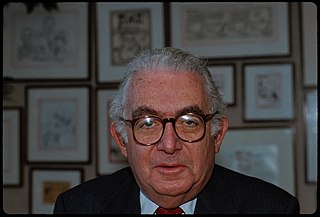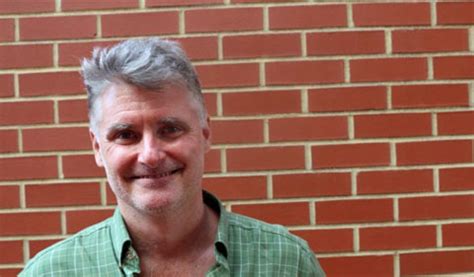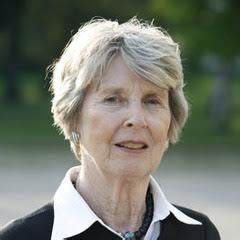A Quote by J. William Fulbright
When public men indulge themselves in abuse, when they deny others a fair trial, when they resort to innuendo and insinuation, to libel, scandal, and suspicion, then our democratic society is outraged, and democracy is baffled.
Related Quotes
When public men indulge themselves in abuse, when they deny others a fair trial, when they resort to innuendo and insinuation, to libel, scandal, and suspicion, then our democratic society is outraged, and democracy is baffled. It has no apparatus to deal with the boor, the liar, the lout, and the antidemocrat in general.
If we desire a society of peace, then we cannot achieve such a society through violence. If we desire a society without discrimination, then we must not discriminate against anyone in the process of building this society. If we desire a society that is democratic, then democracy must become a means as well as an end.
The creed of our democracy is that liberty is acquired and kept by men and women who are strong and self-reliant, and possessed of such wisdom as God gives mankind - men and women who are just, and understanding, and generous to others - men and women who are capable of disciplining themselves. For they are the rulers and they must rule themselves.
In the end, I'm convinced we will all benefit if suspicion is replaced by discussion, innuendo by dialogue; if the emphasis in our debate turns from a search for talismanic criteria and neat but simplistic answers to an honest - more intelligent - attempt at describing the role religion has in our public affairs, and the limits placed on that role.
A democratic public forms when citizens gather together to deliberate and make public judgments about local and national issues that affect their lives. By associating together for public discussion, citizens learn the skills necessary for the health of a democratic public; listening persuading, arguing, compromising, and seeking common ground. When these skills are nurtured within the institutions of a democratic public, citizens educate themselves in order to make informed political decisions.
The best defence [for a democracy, for the public good] is aggressiveness, the aggressiveness of the involved citizen. We need to reassert that slow, time-consuming, inefficient, boring process that requires our involvement; it is called 'being a citizen.' The public good is not something that you can see. It is not static. It is a process. It is the process by which democratic civilizations build themselves.
All of those on the left, as I am, have always vastly preferred the democratic society over the hierarchical society and still do, but the democratic culture doesn't exist without highly informed citizens capable of thinking well, and if you have schools in which 40 percent of the people coming out of them cannot make change for a dollar, you don't have a democracy. You have a sibling society.
But we either believe in democracy or we don't. If we do, then, we must say categorically, without qualification, that no restraint from the any democratic processes, other than by the ordinary law of the land, should be allowed. If you believe in democracy, you must believe in it unconditionally. If you believe that men should be free, then, they should have the right of free association, of free speech, of free publication. Then, no law should permit those democratic processes to be set at nought.
But it is recognized that punishment for the abuse of the liberty accorded to the press is essential to the protection of the public, and that the common law rules that subject the libeler to responsibility for the public offense, as well as for the private injury, are not abolished by the protection extended in our constitutions. The law of criminal libel rests upon that secure foundation. There is also the conceded authority of courts to punish for contempt when publications directly tend to prevent the proper discharge of judicial functions.
The art of manipulating public opinion, which is a necessary art for the democratic politician, and, like other arts, is sometimespractised with greater virtuosity by knaves than by honest men (who are apt to disdain it), has a different technique in different countries. For instance, in England we excel in whitewashing: in America they excel in tarring and feathering. We strain our nerves and stretch our consciences to avoid a scandal: Americans do the same to make one.
































